Dr. Mohamed Swillam
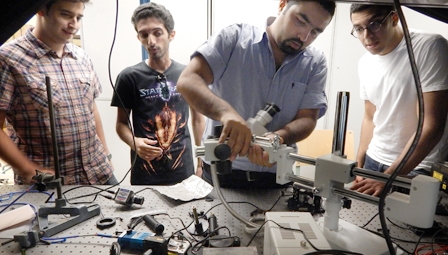
Mohamed Swillam is an assistant professor in the physics department at the American University in Cairo. He received his Bachelor degree and Masters of science from the Department of Electronics and Communications Engineering, Faculty of Engineering, Ain Shams University. Afterwards, Swillam received hisPhD from McMaster University, Hamilton, Canada. Swillam also received the state award for his recent achievement in nanophotonics.
His research interests include design optimization and sensitivity analysis of nanophotonic devices, silicon photonics, ultrafast characteristics of photonic devices, nano-antenna and solar cells. Recently, Swillam and his team of AUC graduate students developed a superlens design with super capabilities that allows you to see objects smaller than the wavelength. They started working on this project after the students took the optics and photonics courses with Swillam and became attracted to this sector. The superlens got patented in 2014.
What is the impact of the "Super Lens"?
The superlens will have an impact on several industries. One major impact is that it can be used in cancer treatment. The superlens can be used as a nanoscale optical tweezer. Using drug treatment, it can offer selective drug delivery to the infected areas only using the lens.
Recently, the team got an offer from Silicon Valley to use their system in a “3D Lidar” sensor, where they use laser instead of radio waves in radars. Swillam and his team are currently working on the business plan to be able to land this fund.
Challenges
The Super lens is facing fabrication and testing challenges. Swillam is currently working on the building a prototype. The fabrication and testing facilities are not found easily in Egypt even if they were available that would be at very high cost, this could reach 400 thousand dollars. The team found a way out of the fabrication challenge, thanks to open source, the team can find affordable devices globally. And at this point, the testing remain the biggest challenge where the team shall seek getting high funds or finding open source testing facilities.
Awards
The Super lens received a patent in 2014. Additionally, Swillam and his team are taking Egyptian innovations from local to global. The lens is being reviewed in several international newspapers, in addition to the funding opportunity at Silicon Valley. In 2011, Swillam won the competition for Ontario Ministry of Research (MRI) fellowship round five.
Success Factors
According to Swillam, what really count in favor of this innovation is the students' motivation and dedication to build something novel. Nevertheless, Swillam highlighted the role and support of the AUC to this project. At the time, the team couldn't get enough support from the government or other research institutes, the internal facilities and support of the AUC were the savior.
Say something to young students, entrepreneurs and researchers
"Mainly they have to be patient for their work, success takes time and it needs endurance to overcome many challenges", said Dr. Swailam. "In Egypt we don't face challenges regarding innovative ideas but we face problems in directing these ideas in a productive useful direction" he continues, "The society needs to be well educated enough to differentiate between real innovations and fake publicity, this would give more credibility to novel projects."



















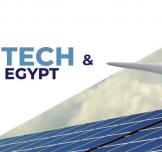



































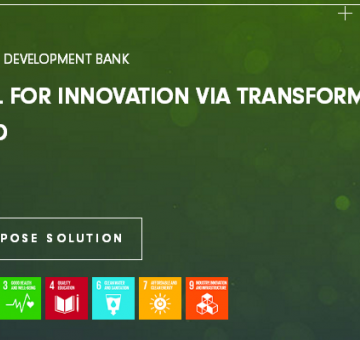
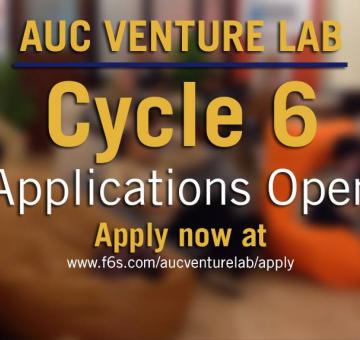





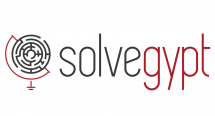


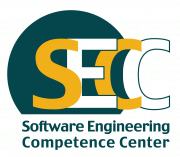
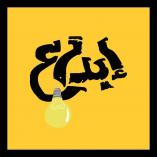



Egypt Innovate site is not responsible for the content of the comments